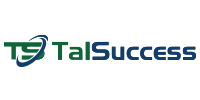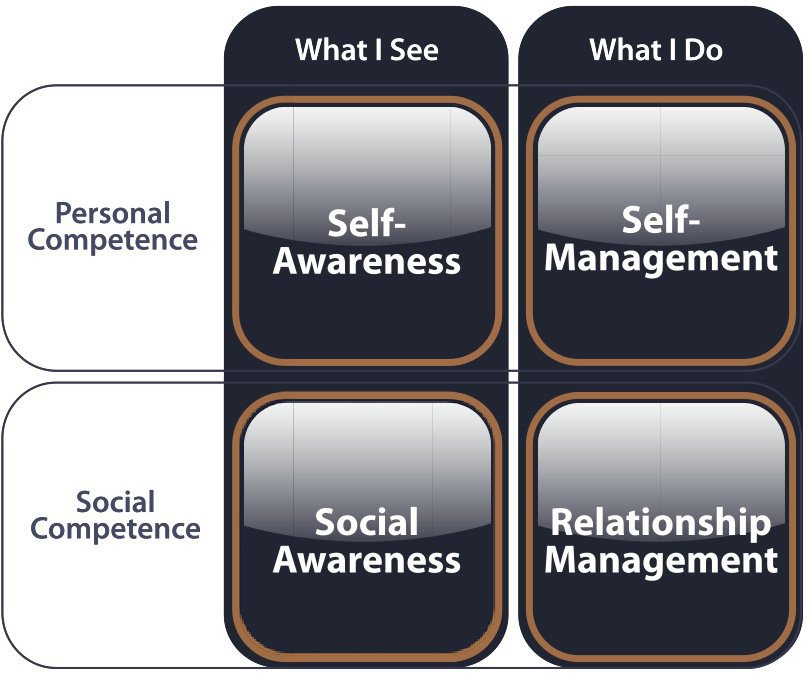By Dr. Travis Bradberry
Click “Download” on the right side of the page to download this as a one page PDF.
Emotional intelligence (EQ) is your ability to recognize and understand emotions in yourself and others, and your ability to use this awareness to manage your behavior and relationships. Research with more than 500,000 people worldwide has shown that:
- 90% of top performers are high in EQ.
- EQ is responsible for 58% of job performance, yet just 36% of us can accurately identify our emotions as they happen.
- Anyone can increase his or her EQ with perspective and practice.
Emotional intelligence is comprised of four skills: Self-Awareness, Self-Management, Social Awareness, and Relationship Management.



